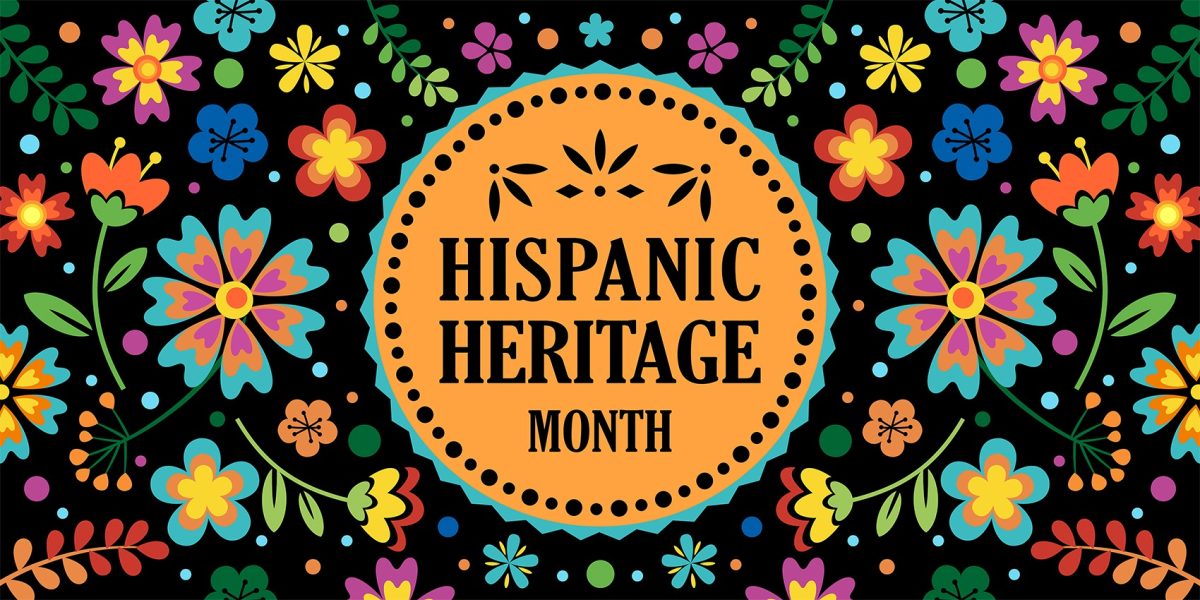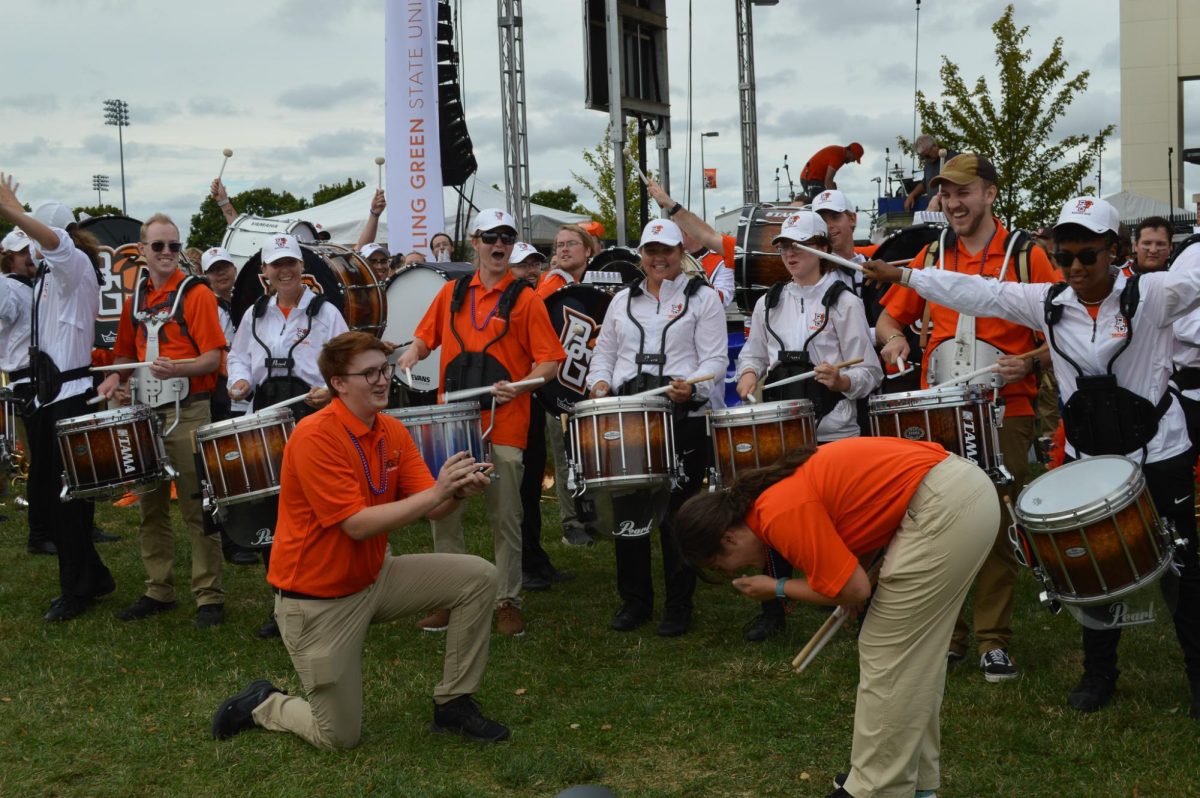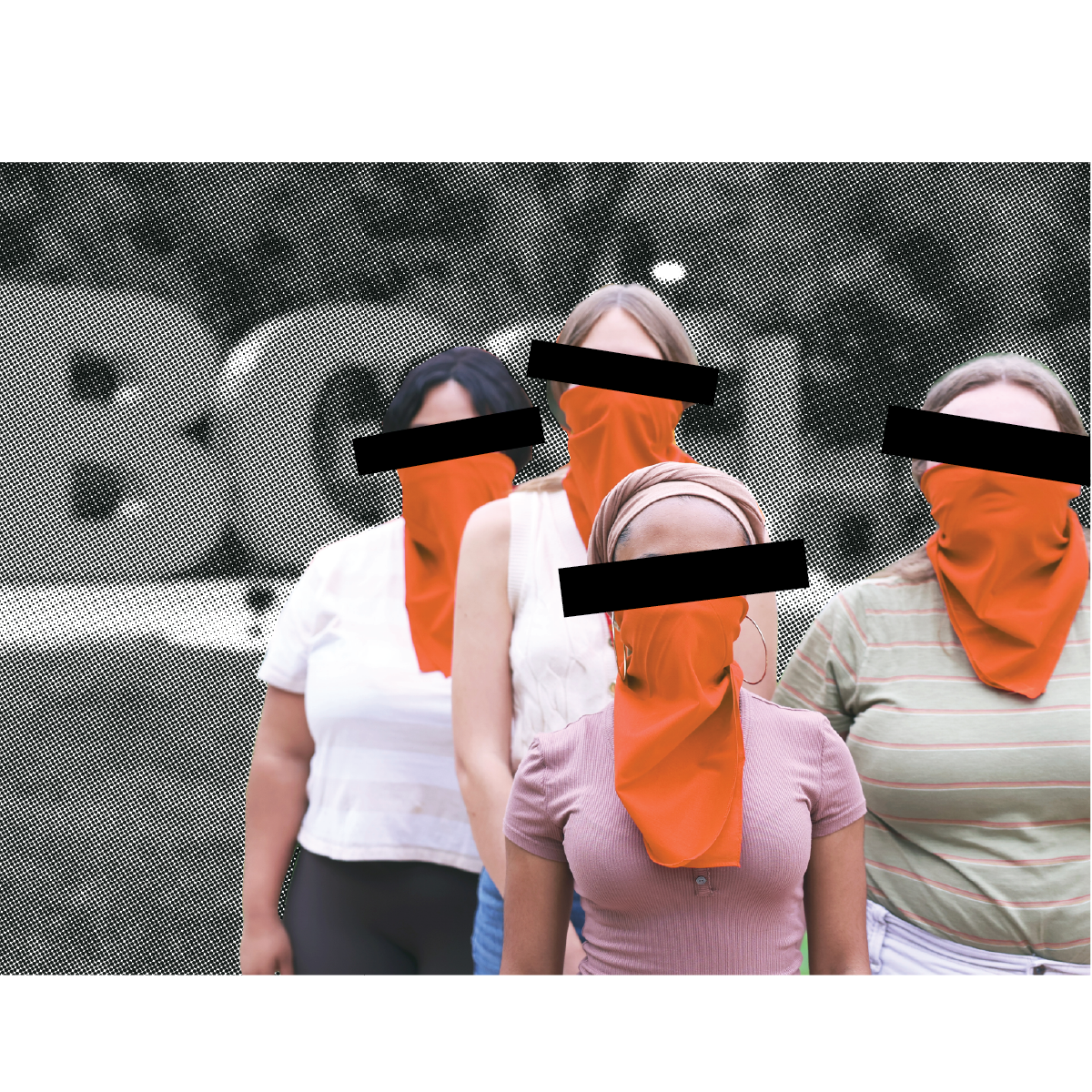So The BG News recently ran a story on a Greek organization facing disciplinary action for hazing – specifically paddling – their initiates.
I thought very little of the story until I read some of the comments that came to the defense of the organization. To paraphrase: “Hazing is no big deal. The subjects are willing participants who tolerate physical and emotional abuse to buy their way into the brotherhood.”
My problem is not with the organization or the commentator, but more with the underlying premise of this whole situation. While there is nothing wrong with asking initiates to do dishes or run errands, abuse serves no comparable utility. Its only function is for some people to derive pleasure from the pain of others.
The underlying and unspoken tenant of hazing – and of pop culture at large – is sadism, and I often have trouble listening to colleagues brag about pranks they pull on even their closest friends.
I understand that sadism, in the form of slapstick humor and its emotional equivalents, is hardly new. I’m currently working through “Don Quixote,” which was published in the early 17th century, and so far it seems like a medieval rendition of “The Three Stooges.” And of course what “The Three Stooges” is to our parents’ generation, “Home Alone” and similar movies are to ours.
Granted, we have become slightly more discrete in our enjoyment of suffering, and now the most physically excruciating scenes are relegated to bad horror movies.
But if our tastes have changed, they certainly have not abated. Consider the mind-bending torment of a character from Edgar Allen Poe or Stephen King, or for the slightly moderated equivalent, most modern comedy.
I’ve lost track of the number of comedies that fail to rely on clever writing and actor chemistry, preferring to continually fall back on horribly awkward situations which, for reasons I cannot even pretend to understand, audiences love.
For me, the cause of this trend is a fairly obvious lack of empathy. I cannot sit through a modern comedy because I feel as though I’m the character who is placed in those absurdly awkward situations (especially given producers’ tendencies to prolong the moment by making the impending torment obvious 10 minutes in advance).
That same empathy is what stops me from violence and provides a self-penance when my admittedly biting sense of humor goes too far: I can no sooner needlessly hurt someone else than myself.
So why do we, a theoretically progressive generation, lack empathy? A former professor of mine argued that the culprit is “Sesame Street.” He explained that reading to children and teaching them to read for themselves stimulates their imagination; they are provided with a story, but they must fill in the details on their own.
By watching an early education video, children are provided with complete sensory saturation, and their ability for sympathy and empathy is never developed.
I’m not entirely sure I buy into the “Sesame Street” theory, but I find its point quite valuable. An individual who cannot recognize another human as a sentient being with thoughts and emotions is considered unstable if not insane, to say nothing of extremely dangerous.
Psychologists might want to start looking at the gray area, namely, what kind of person profits from the pain of supposed friends and colleagues?
I understand that this column in many ways makes much ado about nothing. Hazing rituals, as I’m sure someone will point out, have been around “forever.”
But consider this: At the core of every civil and human rights protest, including protests against the Iraq War and the Patriot Act, is the assumption that an individual is inviolable.
The prevalence of sadism on campus and in our culture undermines that premise.
By contrast, entire philosophies of ethics have been derived from the basic assumption that humans are capable of feeling sympathy, and I tend to believe that sympathy is the only gap between viable communities and Hobbes’ “nasty, poor, brutish and short” scenario.
So don’t bother chastising fraternities for hazing. While I have no small contempt for the initiates in question (exactly how hard pressed for friends do you have to be to accept that kind of humiliation?) the real problem and cause is much more endemic.
While this may sound clich’eacute;d or even preachy, there really is enormous value in taking a moment to stop and put yourself in another person’s shoes.
The alternative – a fundamental lack of empathy – is singularly disturbing.







